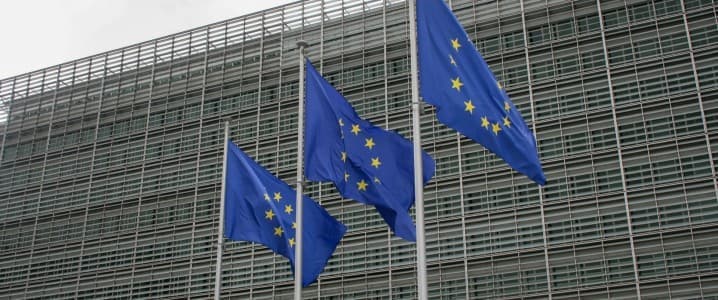The chief executive of Nayara Energy, Alessandro des Dorides, has resigned abruptly amid mounting fallout from newly imposed European Union sanctions targeting the Rosneft-linked Indian refiner, according to an exclusive Reuters report. His departure comes just days after shipowners and fuel traders began withdrawing from deals with Nayara, citing compliance concerns.
Sergey Denisov, a longtime Nayara executive, has been appointed CEO with immediate effect, sources confirmed to Reuters. The leadership shake-up adds more uncertainty to Nayara’s operations, which are already facing logistical disruptions at its key Vadinar facility. Multiple cargoes, including vessels chartered by BP, Shell, and PetroChina, have either cancelled bookings or departed without loading fuel in recent days, according to Economic Times.
The EU sanctions, announced on July 20, accuse Nayara of indirect support for Russia’s war economy due to Rosneft’s 49.13% stake in the company. Nayara has rejected the charges as politically motivated and emphasized its operational independence. Rosneft, for its part, maintains that it does not control Nayara’s board or daily decisions.
The Indian government has strongly criticized the sanctions, calling them an “extraterritorial overreach” that undermines the country’s energy sovereignty. Indian officials say the restrictions are not legally binding within Indian jurisdiction, and Nayara continues to operate in full compliance with national regulations.
Delhi also finds the sanctions hypocritical, with the Economic Times citing Nayara as stating that while EU countries continue to take in Russian imports, “they take a high moral ground by chastising and sanctioning an Indian asset for processing Russian crude largely used by its domestic population of 1.4 billion Indians and businesses.”
Nayara is reportedly preparing legal responses to challenge the EU measures, aiming to protect its business continuity and workforce. The company remains a key private-sector refiner in India’s downstream ecosystem, processing Russian crude at scale and supplying critical volumes of diesel and petrol across western India. Future viability is now in question with market access narrowing and reputational risk rising.
By Charles Kennedy for Oilprice.com
More Top Reads From Oilprice.com

